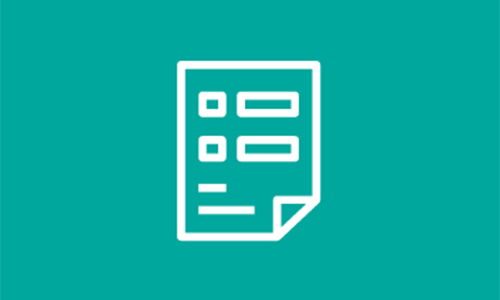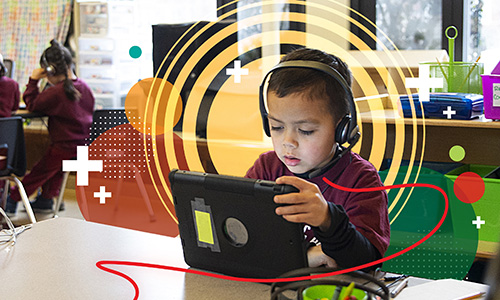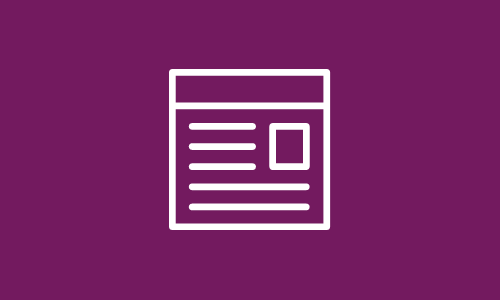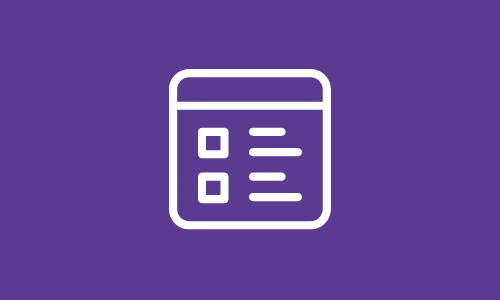Reading & language arts


English MAP Reading Fluency technical report
This technical report documents the processes and procedures employed by NWEA to build and support the English MAP Reading Fluency assessment.
By: Fang Peng, Kang Xue, Carmen Hall, John Newburn
Products: MAP Reading Fluency
Topics: Test design, Computer adaptive testing, Reading & language arts


Predicting Amira Reading Mastery Based on NWEA MAP Reading Fluency Benchmark Assessment Scores
This document presents results from a linking study conducted by NWEA in May 2024 to statistically connect the grades 1–5 English Amira Reading Mastery (ARM) scores with the Scaled-Words-Correct-Per-Minute (SWCPM) scores from the MAP Reading Fluency benchmark assessment taken during Fall and Winter 2023–2024.
By: Fang Peng, Ann Hu, Christopher Wells
Products: MAP Reading Fluency
Topics: Computer adaptive testing, Early learning, Measurement & scaling, Reading & language arts


MAP Reading Fluency with Coach Evidence Base
This document provides an overview of the research underlying MAP Reading Fluency with Coach’s AI-powered intelligent reading tutor and the research on key elements of early literacy instruction. It describes the components of the MAP Reading Fluency with Coach pedagogy and the research base supporting each component.
By: Amy Endo
Products: MAP Reading Fluency
Topics: Early learning, Empowering educators, Innovations in reporting & assessment, Reading & language arts


This study evaluates the effects of asking items throughout the passage (i.e., embedding items) to achieve a more precise measure of reading comprehension by removing barriers for students to demonstrate their understanding. Results showed a significant impact of embedding comprehension items within reading passages on the measurement of student achievement in comparison to answering items at the end of the passage.
By: Meg Guerreiro, Janice Johnson
Topics: Equity, Innovations in reporting & assessment, Reading & language arts


What do teachers know about dyslexia? It’s complicated!
The purpose of this study was to examine the concepts of dyslexia teachers know accurately as scientific conceptions, hold as misconceptions, or are uncertain. Implications for teacher training in dyslexia are discussed.
By: Erin K. Washburn, Benjamin C. Heddy, Emily Binks-Cantrell, Tiffany Peltier
Topics: Equity, Reading & language arts


Why students with dyslexia aren’t “at risk”
Researchers have made substantial gains in our knowledge around dyslexia. It’s time to dispel the outdated notion that students can somehow “get” dyslexia and stop using erroneous, ableist language of students “at risk” for dyslexia.
By: Elizabeth Barker
Topics: Equity, Reading & language arts


Fact or fiction? The 4 myths of dyslexia
It can be tricky to understand what dyslexia is and what it isn’t. In this blog, learn the facts about four myths about dyslexia and about possible indicators for dyslexia from preschool years through high school.
By: Elizabeth Barker
Topics: Equity, Reading & language arts


